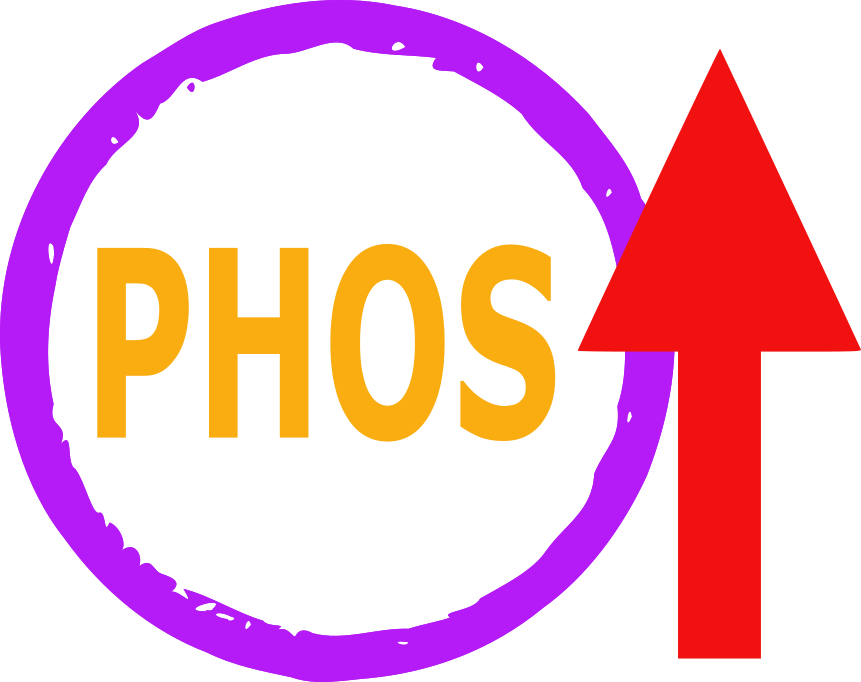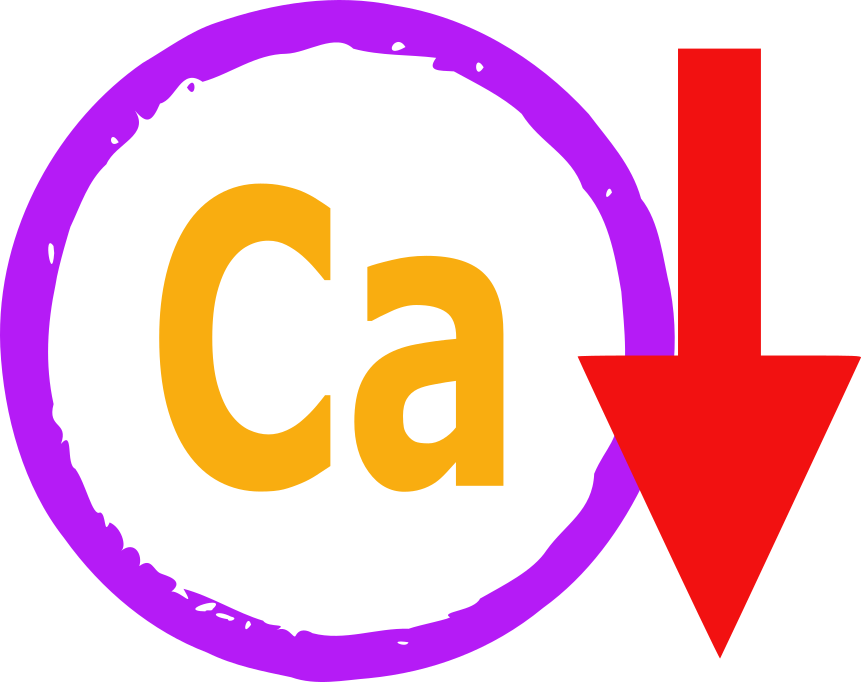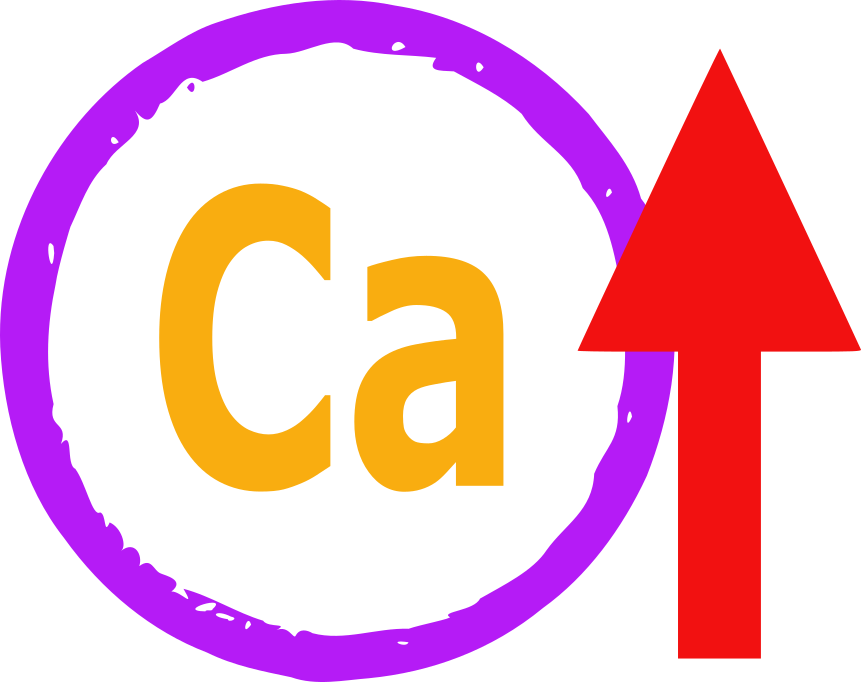| Name | Calcium Acetate |
| Classes |
Electrolyte and Mineral Nutritional Supplement Phosphate Binder |
| Diseases |
Bone Fracture Kidney Disease Kidney Failure |
Calcium Acetate
Calcium Acetate is a calcium salt of acetic acid. It is soluble in the plasma and is converted into Ca2+ ions. As a result it can act as a phosphate binder and as calcium supplement.
Calcium acetate is indicated in-
- Hyperphosphatemia
- Hypocalcemia
- Starting dose is 2 gelcaps with each meal.
- Titrate the dose every 2-3 weeks until acceptable serum phosphorus level is reached. Most patients require 3-4 gelcaps with each meal.
- Hypercalcemia may aggravate digitalis toxicity.
- Chronic hypercalcemia may lead to vascular calcification and other soft-tissue calcification.
- When patients with end-stage renal disease are given calcium, including calcium acetate, they may develop hypercalcemia. Calcium supplements, particularly calcium-based nonprescription antacids, should not be taken at the same time as Calcium acetate.
Contraindication
Contraindicated in patients hypersensitive to any component of the formulation.
None known.
Contraindicated in hypercalcemia.
 Bangla
Bangla English
English






